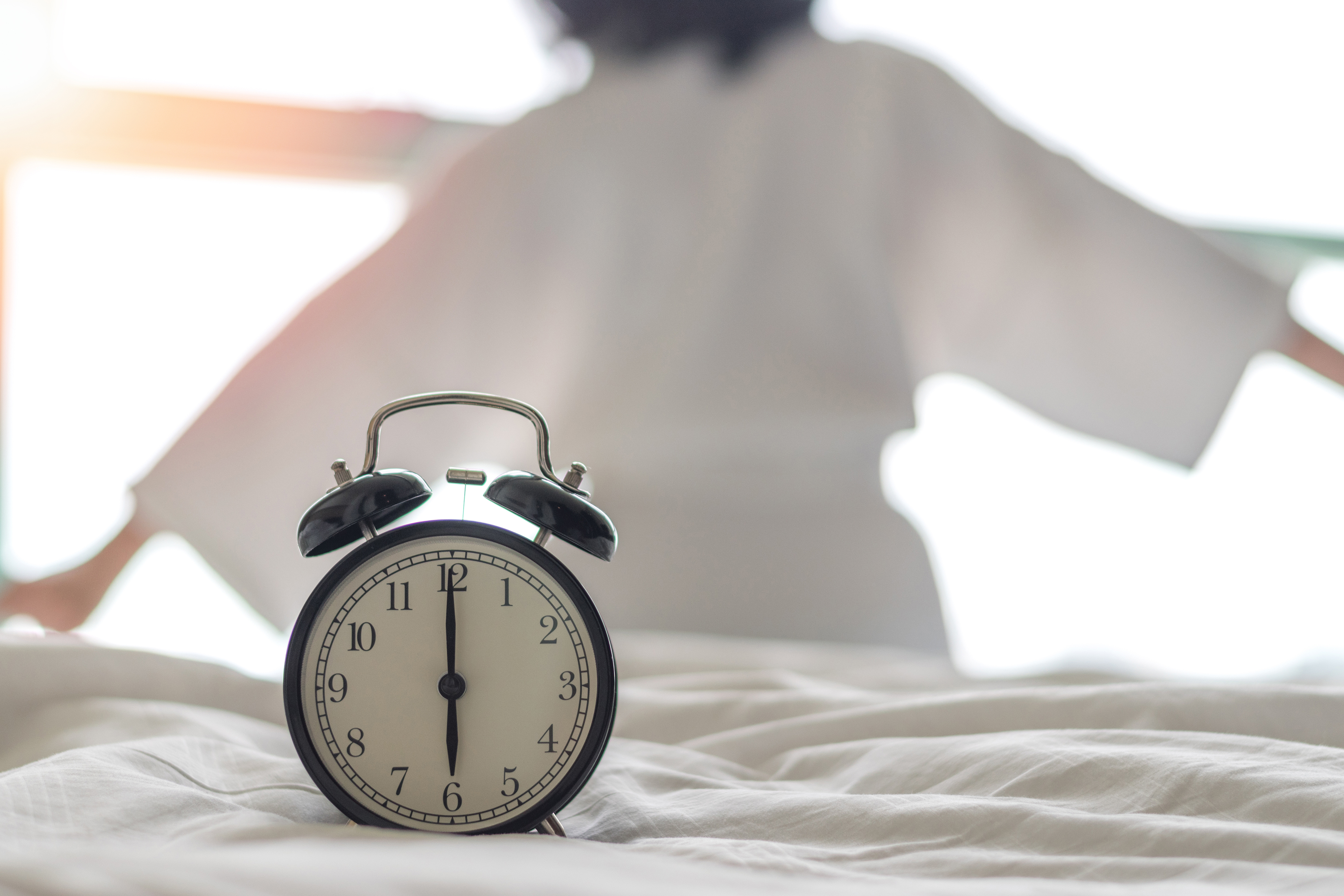Circadian rhythm
Publicado em 29/01/2020

A circadian rhythm is defined by the daily physiological changes that occur in the human body. These changes occur so that the body’s internal rhythm is able to adapt to the 24-hour external rhythm for good daytime functioning and sleep quality. Circadian rhythm disorders may affect quality of life and performance, as well as increase the risk of disease. Inadequate sleeping habits can affect sleep rhythm and should be evaluated. Examples of circadian rhythm disorders include those observed after long flights (jet lag), by night owls, people with difficulty sleeping, and night workers who struggle to adapt their sleep cycle and have sleep-related complaints. Appropriate guidance in these situations is important to avoid struggles, improve well-being and reduce the risk of diseases.







